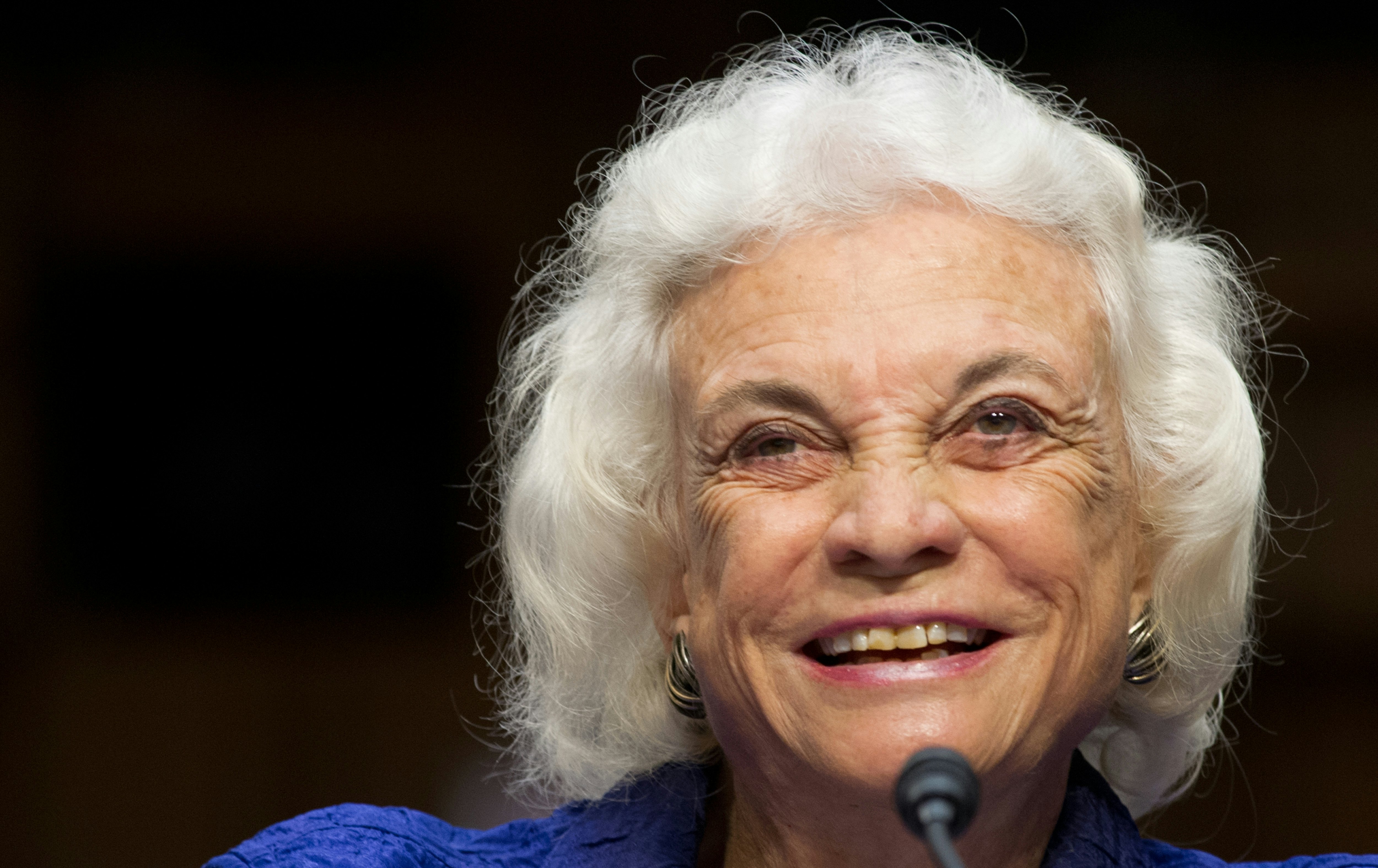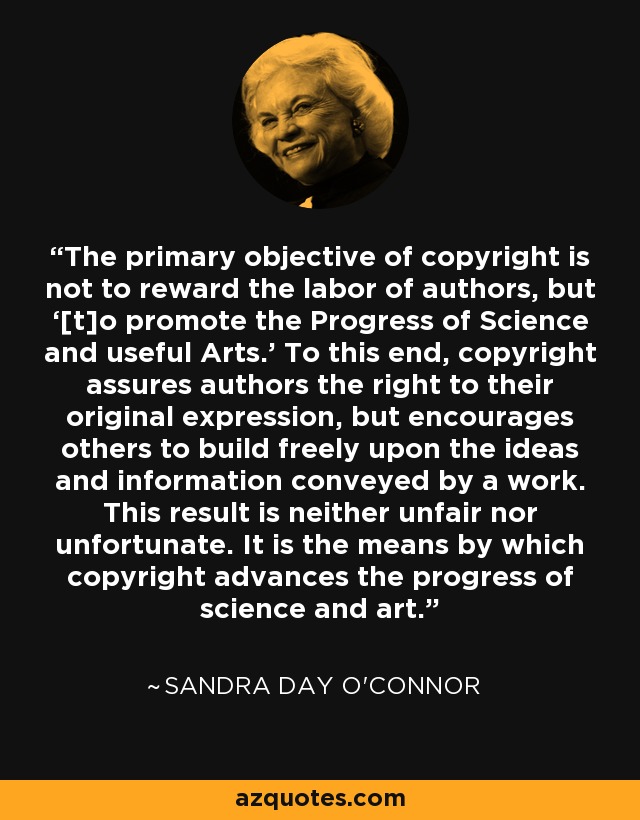
We pay a price when we deprive children of the exposure to the values principles and education they need to make them good citizens. Yes I will bring the understanding of a woman to the Court but I doubt that alone will affect my decisions. Our court is virtually alone in the amount of discretion it has. Most high courts in other nations do not have discretion such as we enjoy in selecting the cases that the high court reviews. The most pointed of these speeches, delivered at Georgetown University in 2006, was not recorded at O’Connor’s request.We don’t accomplish anything in this world alone… and whatever happens is the result of the whole tapestry of one’s life and all the weavings of individual threads form one to another that creates something. Since her retirement, O’Connor has given several forceful and surprisingly candid speeches about judicial activism and the need for an independent judiciary. When an opposing attorney suggested Foltz should be at home raising children, Foltz replied, “A woman had better be in almost any business than raising such men as you.” My favorite comes from Clara Shortridge Foltz, the first woman lawyer in California. But the talk remains lively with her choice to include colorful, often stinging quotes from the people involved. Like most lawyers, O’Connor layered her talk with case names and decision minutiae that can make a non-legal mind wander. She also gave the audience an insider’s perspective on how and why the Court ruled on the latest cases regarding women in the workplace. Who better to give a speech about the progress of women in the law than the first woman to reach the pinnacle of the profession? O’Connor shares her personal experiences behind most of the topics in this talk, from her rejection by private firms to the difficulties of blending work and family. Take advantage of speaking opportunities when you’re t he ultimate insider.But O’Connor also disappointed many women with this speech by rejecting what she called a “new feminism,” which suggested women had different (and perhaps more useful) aptitude and style than men when it came to the law. The speech skewers the myth of the “True Woman”–unsuited for argument, best kept at home and out of the public fray–that barred women from the law for hundreds of years. Ten years after her appointment to the Supreme Court, O’Connor had learned confound expectations. What can you learn from this famous speech? The occasion and the topic–focused on the history and prospects of women in the law–was a natural for O’Connor. Her most-quoted speech is “ Portia’s Progress,” delivered at the New York University Law School in 1991 on the 100th anniversary of the school’s admission of women. “It is something that probably helped me the rest of my life,” O’Connor said. Some of her earliest speaking lessons came at the El Paso, Texas, Radford School for Girls, where one of her elementary teachers, Miss Fireovid, made her recite poetry, read aloud and give speeches before the class to help her overcome her shyness. Like most Supreme Court Justices, O’Connor soon became a frequent public speaker. When the New York Times carelessly referred to the “nine men of SCOTUS” (the Supreme Court Of The United States) in a 1983 editorial, she wrote a playful rebuke signed by “FWOTSC” (the First Woman Of The Supreme Court). O’Connor handled the intense press surrounding her appointment with humor, while never downplaying the historical significance of her new job. She worked as a public attorney in California and Arizona, took five years off to raise her children and finally sat on the Arizona Court of Appeals before President Ronald Reagan named her to the nation’s high court in 1981. Raised on the Lazy B cattle ranch in Arizona and often left to fend for herself, O’Connor grew up resourceful and focused on getting the job done–whatever the job might be. That kind of rejection wasn’t likely to deter a woman who kept a pet bobcat as a child. She finished third out of her class of 102 students at Stanford Law, but the closest she came to a job offer was the position of legal secretary. Supreme Court, couldn’t find work at a national law firm after her graduation. Sandra Day O’Connor, the first woman Associate Justice of the U.S.



#SANDRA DAY O CONNOR QUOTES FULL#
She’s turned up a gem of a speech, with the full text for you to see.)
#SANDRA DAY O CONNOR QUOTES SERIES#
(Editor’s note: I’ve been wanting to include Sandra Day O’Connor in our Famous Speech Friday series for some time–and since our regular contributor Becky Ham hails from Arizona, as does O’Connor, I figured she’d have the best perspective.


 0 kommentar(er)
0 kommentar(er)
